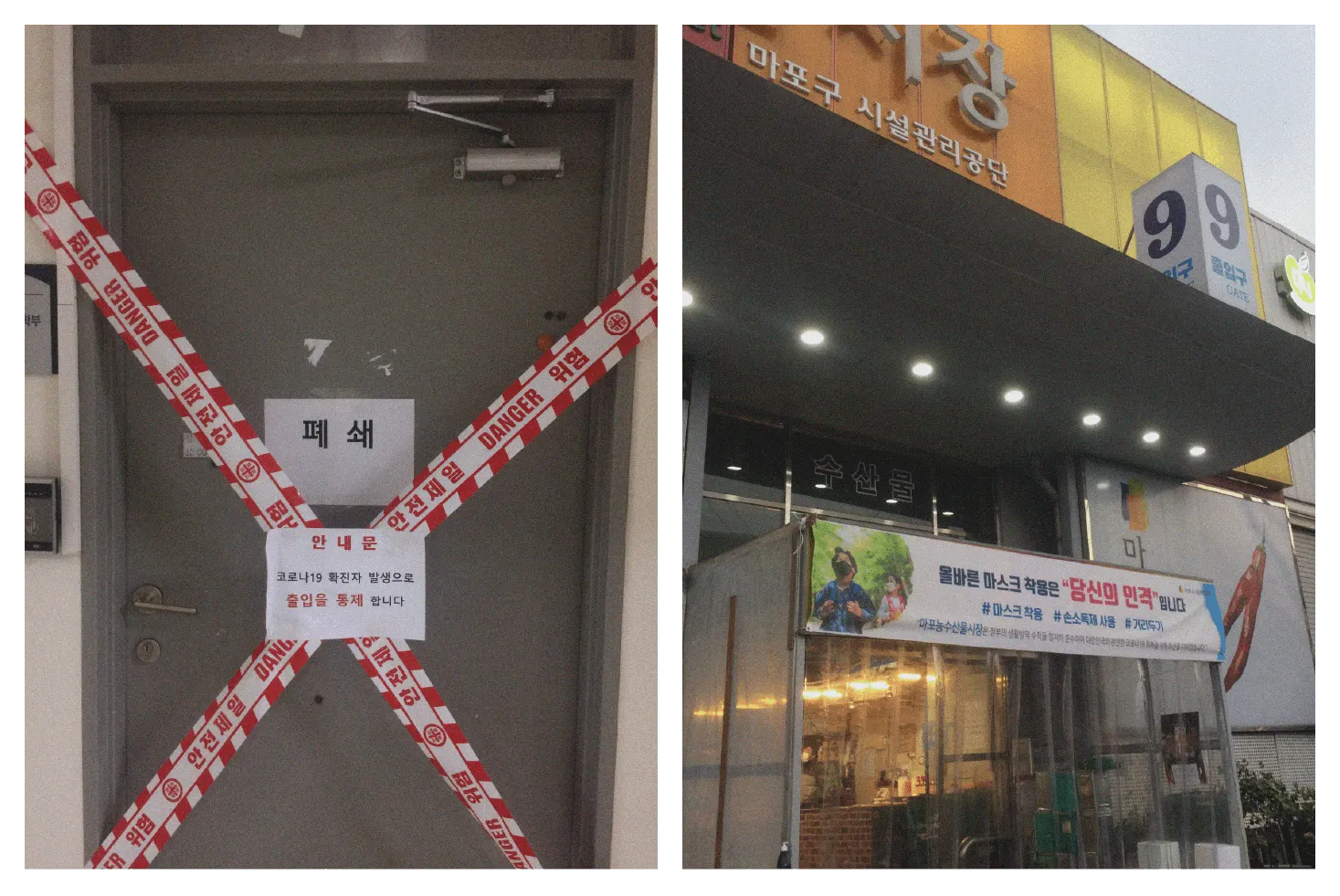Days of Isolation
South Korean experiences of the COVID-19 pandemic have shown intricate processes of controlling human and viral mobilities through legal and administrative measures. While no nationwide or citywide lockdowns were imposed in South Korea, the confinement of individuals or certain groups had been central to the Korean government’s pandemic response. The South Korean team focuses on the fact that self-isolation is not merely a health recommendation but a legal obligation that is bolstered by a particular structure of emotion that puts much importance on the notion of self-control and retribution for violation of given rules.
This micro-localized measure of isolation has created an odd discrepancy. The normalcy of mobility that most South Koreans enjoyed during the pandemic was closely associated with those who were intensely immobilized. Was it an efficient and necessary measure for the public good? Or the efficacy of this policy should be re-evaluated from the perspective of the most affected? By tracing how isolation measures are activated in hospitals, long-term care facilities, and domestic homes, this research critically examines the efficacy and socio-political effects of the so-called Korean Quarantine Model and archives the hidden pandemic of loneliness.
Project Team
Bo Kyeong Seo
Bo Kyeong Seo is an associate professor of cultural anthropology at Yonsei University. Over the last ten years, she has been conducting research in Thailand and South Korea focusing on people’s struggle for care in the context of poverty, transnational migration, political upheavals, and stigmatization. Her first book, Eliciting Care: Health and Power in Northern Thailand, is published by the University of Wisconsin Press. She received Cultural Horizons Prize from the Society for Cultural Anthropology for her article, “Populist Becoming: The Red Shirt Movement and Political Affliction in Thailand.” Her recent work deals with dialysis infrastructure for chronic kidney failure and the daily work of maintenance.
Sang Hee Lee
Sang Hee Lee is a Ph.D. researcher in cultural anthropology at Yonsei University. Her master thesis is an ethnographic research on the experiences and sexual performativity of women in their 20s and 30s who use the social dating application “Tinder” for casual sex. Her Ph.D. project is about the everyday life of housing disparities, urban mobility, and the association of self-regulation and self-autonomy.



